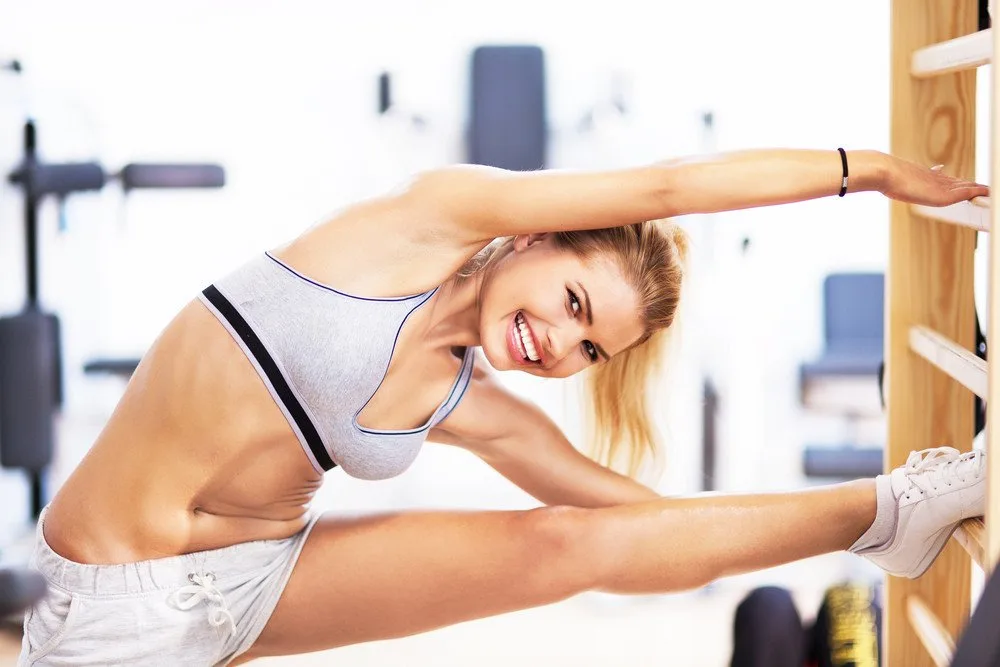A quick scroll through social media makes one thing clear: Everyone seems to be a part of the fitness and wellness community. It seems that they’re all doing their best to try to stay healthy.
Celebrities and influencers clutter our feeds with juice cleanses, waist trainers, detox teas, and other passing trends. And it often feels like a new diet makes headlines every other week. This ranges from intermittent fasting, the DASH diet, OMAD diet, to flexitarian, vegetarian, vegan, paleo, and even keto.
However, what works for one person may not work for another. As a result, we may feel frustrated with a lack of results and progress.
That’s why Elliptical Reviews surveyed both fitness trainers and licensed nutritionists for their best advice for getting and staying healthy. They surveyed 301 fitness trainers, 145 of whom were also nutritionists or dietitians. They also included 100 individuals who started working out during the past year.
The study on healthy habits
Consulting professionals can be a steep expense; nutritionists typically charge between $150 and $225 for a first-time appointment, and personal trainers can cost between $70 and $100 an hour.
These price tags might keep people from seeking expert advice. 82% of people didn’t get workout advice from a fitness trainer, while 76% didn’t get nutrition advice from a nutritionist.
The most common piece of advice people heard was to stay consistent, and professionals agreed: 73.4% of trainers found it to be the most valuable. However, the second most common advice respondents were told regarded focus during workouts, but professionals didn’t quite agree.
Instead, the second best thing to focus on might also be the easiest: Don’t neglect your sleep. Trainers’ next most valuable tip was to maintain a consistent sleep schedule.
Other top-rated advice from experts included stretching and warming up before workouts (71.1%), drinking water (71.1%), and eating with one’s workout goals in mind (68.8%).
When hitting the gym, trainers most frequently stress about not overdoing it, staying focused, and remaining consistent.
It can be difficult to keep wandering thoughts and distractions out of the way during workouts. However, it’s worth striving for. During low-impact workouts like yoga and Pilates, the most valuable piece of advice was to be mindful.
For those focusing on weight training, like weightlifting and boot camp-style workouts, though not overdoing it was the most effective advice.
And for those interested in cardio, experts said monitoring your heart rate was just as important.
Choosing the best exercise
Not all exercises are created equal, though. Among low-impact workouts, the lotus pose and downward-facing dog were the most recommended moves for yoga. On the other hand, roll ups, leg stretches, and curls were the most recommended for Pilates.
Those looking to incorporate weightlifting should know this: Dead lifts (26.3%), squats with weights (22.5%), and bench presses (17.5%) were the most recommended.
And to get one’s heart moving, butt kicks (26.1%) were highly suggested for high-intensity interval training, along with walking (21.9%) for aerobics.
But what about the days when you don’t feel like it? The alarm seems to go off too early, laziness is looming, and motivation just isn’t there. We all have those days, so what do the experts recommend to get you over the hurdle and into the gym?
Nearly 71% of trainers recommended setting fitness goals and having a consistent workout schedule. However, around 67% said to take adequate breaks between workouts. Sometimes, variety is key. With that said, almost 65% of trainers said switching up a workout could keep people returning to the gym.
Trainers tend to notice that their most successful clients have a lot in common. The top traits seen in those clients were good exercise form, dedication to a healthy diet, a healthy weight, and an optimistic attitude. On the other hand, unsuccessful clients most often lacked dedication to a healthy diet, had a high dependency on the trainer and skipped scheduled workout sessions.
When it comes to diet advice, people are most often told to eat healthy foods like vegetables. But 81.1% of professionals considered reducing carbohydrates and sugar the most valuable tip.
Choosing the best diet
There’s been a lot of buzz surrounding intermittent fasting lately. Celebrities seem to swear by it, claiming it helps shed the extra pounds more quickly. However, nutritionists disagreed with this trend, considering intermittent fasting to be the least valuable advice. At the end of the day, nothing will ever beat consuming a diet rich in antioxidants and essential nutrients.
At 79.5%, eating healthy foods like vegetables was still highly recommended, along with controlling calorie intake (76.2%).
Additionally, nutritionists found the vegetarian diet to be the healthiest. And if you’re looking for the best way to snack, nutritionists recommend staying away from chips. They rated this snack of choice as the unhealthiest option, followed by candy, chocolate, burgers, and pastries.
Instead, they recommended reaching for fresh fruit, followed by nuts, fresh vegetables, yogurt, and boiled eggs.
And for those days when you just can’t turn down a happy hour invite, nutritionists seem OK with reaching for a light beer or a glass of red wine occasionally.
Conclusion
Working toward a healthy lifestyle doesn’t have to mean undertaking a stringent, restrictive diet or logging hours upon hours at the gym. So next time you find yourself consulting Instagram fitness gurus, remember to check in and see what the professionals are saying.
Who is the author?
Megan Shea is a Boca Raton, Florida native and a proud alumna of the University of Florida’s Journalism school (Go Gators!). She is passionate about all things entertainment: music, TV, food, and drink. The only thing she loves more is writing about it all. You can find her doting over her overly attached cat.



